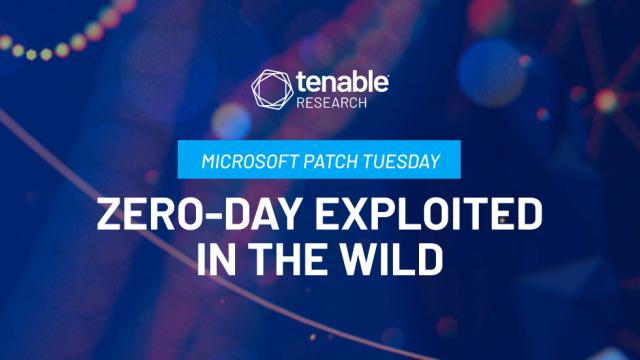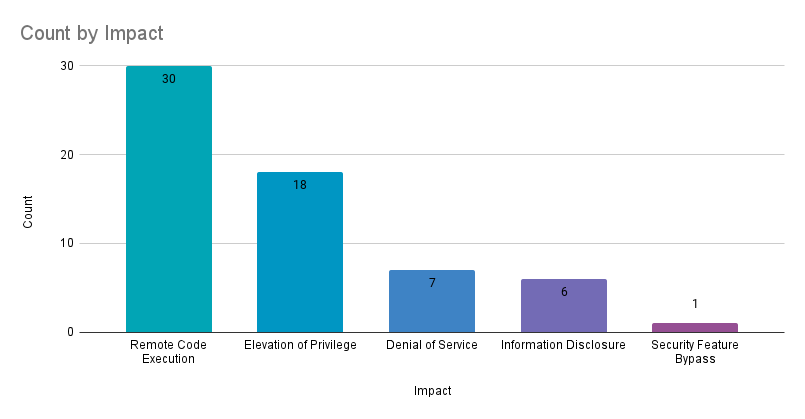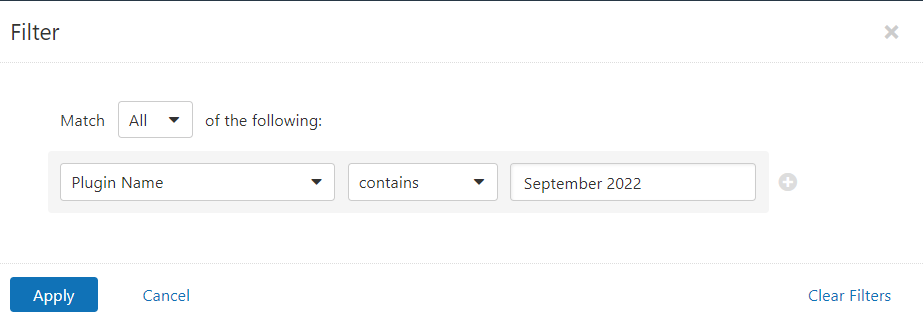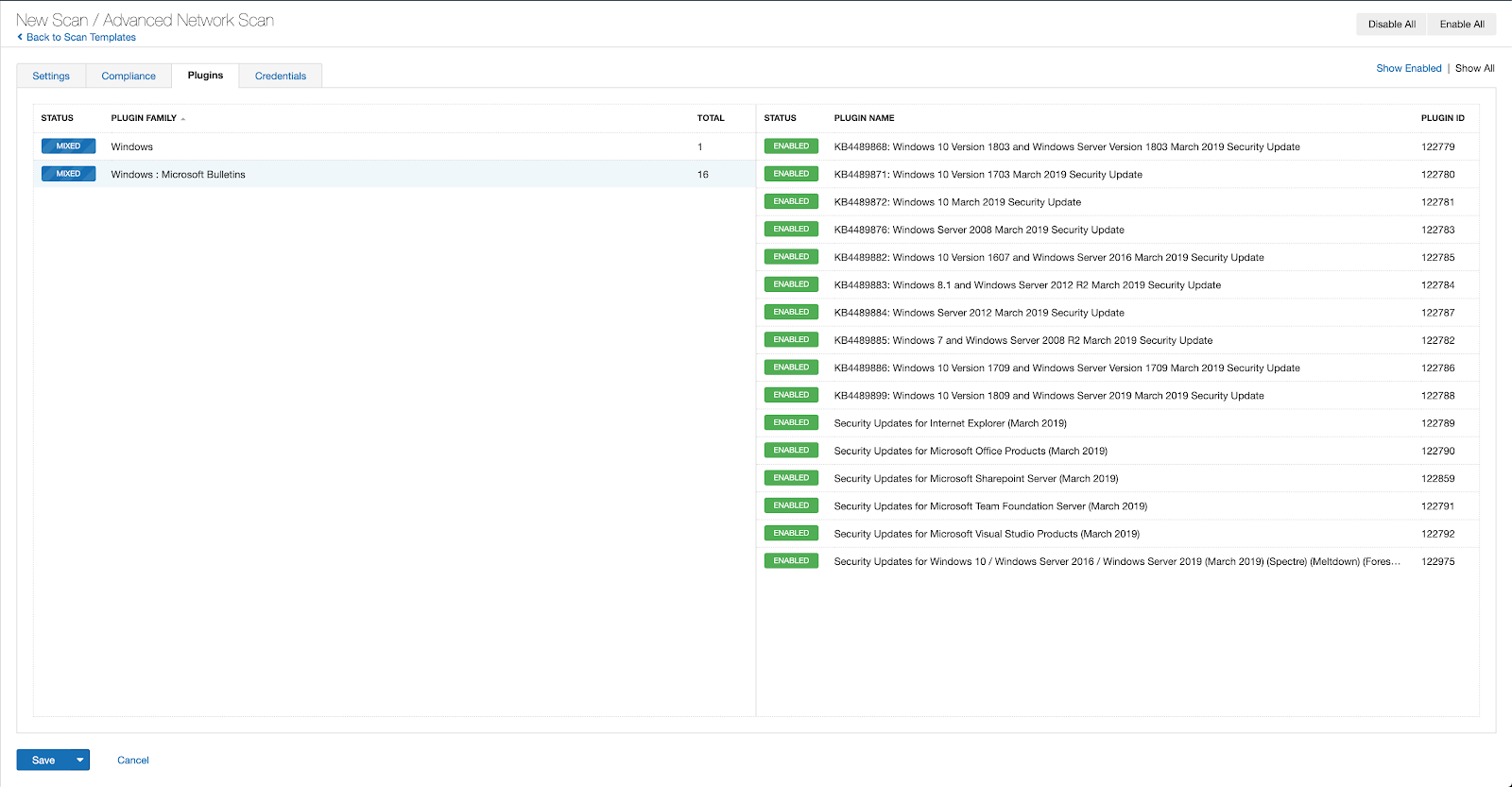- Broadcom grows revenues by 20% following VMware purchase, as customers fume about subscription costs
- How global threat actors are weaponizing AI now, according to OpenAI
- The viral Air Purifier Table is my smart home's MVP (and it's on sale for $179)
- Grab the Galaxy S25 Edge for $170 off and get a free Amazon gift card - but act fast
- How I learned to stop worrying and love my health tracker
Microsoft’s September 2022 Patch Tuesday Addresses 62 CVEs (CVE-2022-37969)

Microsoft addresses 62 CVEs in its September 2022 Patch Tuesday release, including five critical flaws.
- 5Critical
- 57Important
- 0Moderate
- 0Low
Microsoft patched 62 CVEs in its September 2022 Patch Tuesday release, with five rated as critical and 57 rated as important. This count omits CVE-2022-23960, a cache speculation restriction vulnerability as it was issued by MITRE and applies to Arm CPUs.
This month’s update includes patches for:
- .NET and Visual Studio
- .NET Framework
- Azure
- Azure Arc
- Cache Speculation
- HTTP.sys
- Microsoft Dynamics
- Microsoft Edge (Chromium-based)
- Microsoft Graphics Component
- Microsoft Office
- Microsoft Office SharePoint
- Microsoft Office Visio
- Microsoft Windows ALPC
- Microsoft Windows Codecs Library
- Network Device Enrollment Service (NDES)
- Role: DNS Server
- Role: Windows Fax Service
- SPNEGO Extended Negotiation
- Visual Studio Code
- Windows Common Log File System Driver
- Windows Credential Roaming Service
- Windows Defender
- Windows Distributed File System (DFS)
- Windows DPAPI (Data Protection Application Programming Interface)
- Windows Enterprise App Management
- Windows Event Tracing
- Windows Group Policy
- Windows IKE Extension
- Windows Kerberos
- Windows Kernel
- Windows LDAP – Lightweight Directory Access Protocol
- Windows ODBC Driver
- Windows OLE
- Windows Photo Import API
- Windows Print Spooler Components
- Windows Remote Access Connection Manager
- Windows Remote Procedure Call
- Windows TCP/IP
- Windows Transport Security Layer (TLS)
Remote code execution (RCE) vulnerabilities accounted for 48.4% of the vulnerabilities patched this month, followed by elevation of privilege (EoP) vulnerabilities at 29%.

CVE-2022-37969 | Windows Common Log File System Driver Elevation of Privilege Vulnerability
CVE-2022-37969 is an EoP vulnerability in the Windows Common Log File System (CLFS) Driver. According to Microsoft, this vulnerability has been exploited in the wild. They also note that it has been publicly disclosed prior to a patch being available.
This is a post-exploitation vulnerability, meaning it can be exploited after an attacker has gained access to a vulnerable target system via other means, including exploiting a separate vulnerability or through social engineering. They could do so using a malicious executable containing exploit code.
CVE-2022-24521, a similar vulnerability in CLFS, was patched earlier this year as part of Microsoft’s April Patch Tuesday release. CVE-2022-24521 flaw was disclosed to Microsoft by the National Security Agency (NSA) and CrowdStrike, which was also exploited in the wild. CVE-2022-37969 has been credited to several groups, including CrowdStrike, though it is unclear at this time if CVE-2022-37969 is potentially a patch-bypass for CVE-2022-24521.
CVE-2022-34718 | Windows TCP/IP Remote Code Execution Vulnerability
CVE-2022-34718 is a RCE in Windows TCP/IP that received a CVSSv3 score of 9.8 and was rated Exploitation More Likely according to Microsoft’s Exploitability Index. This vulnerability can only be exploited against systems with Internet Protocol Security (IPsec) enabled. Successful exploitation could grant an unauthenticated attacker remote code execution. Microsoft has released patches for all supported versions of Windows, including Server Core editions.
CVE-2022-34721 and CVE-2022-34722 | Windows Internet Key Exchange (IKE) Protocol Extensions Remote Code Execution Vulnerability
CVE-2022-34721 and CVE-2022-34722 are RCE vulnerabilities in the Windows IKE protocol extensions that received a CVSSv3 score of 9.8 and were rated Exploitation Less Likely. The IKE protocol is a component of IPsec used to set up security associations (relationships among devices based on shared security attributes). These vulnerabilities would allow an unauthenticated, remote attacker to send a specially crafted IP packet to a target with IPsec enabled and achieve remote code execution. IPsec is used to protect sensitive data and is commonly used in virtual private networks. Yuki Chen with Cyber KunLun is credited with disclosing both of these flaws along with CVE-2022-34720, a denial of service flaw in the IKE Protocol Exchange, and CVE-2022-35830, a RCE vulnerability in the Remote Procedure Call runtime.
CVE-2022-37956, CVE-2022-37957 and CVE-2022-37964 | Windows Kernel Elevation of Privilege Vulnerability
CVE-2022-37956, CVE-2022-37957 and CVE-2022-37964 are EoP vulnerabilities impacting the Windows Kernel. All three vulnerabilities received CVSSv3 scores of 7.8 and if exploited, could allow an attacker to gain SYSTEM level privileges. Of the three, only CVE-2022-37957 was rated as “Exploitation More Likely.” Curiously, all three impact various versions of Windows. For instance CVE-2022-37964 only affects Windows 7, Windows Server 2008 and 2008 R2. CVE-2022-37956 affects all supported versions of Windows and Windows server, while CVE-2022-37957 only affects Windows 10 and above, including Windows Server versions 2016, 2019 and 2022.
Tenable Solutions
Users can create scans that focus specifically on our Patch Tuesday plugins. From a new advanced scan, in the plugins tab, set an advanced filter for Plugin Name contains September 2022.

With that filter set, click the plugin families to the left and enable each plugin that appears on the right side. Note: If your families on the left say Enabled, then all the plugins in that family are set. Disable the whole family before selecting the individual plugins for this scan. Here’s an example from Tenable.io:

A list of all the plugins released for Tenable’s September 2022 Patch Tuesday update can be found here. As always, we recommend patching systems as soon as possible and regularly scanning your environment to identify those systems yet to be patched.
Get more information
Join Tenable’s Security Response Team on the Tenable Community.
Learn more about Tenable, the first Cyber Exposure platform for holistic management of your modern attack surface.
Get a free 30-day trial of Tenable.io Vulnerability Management.

